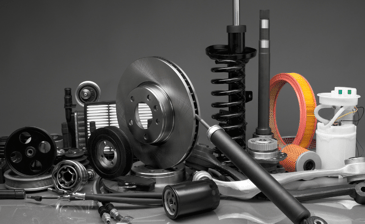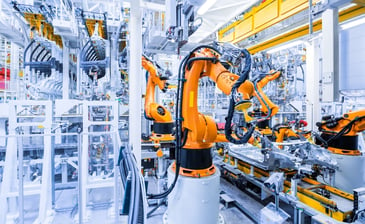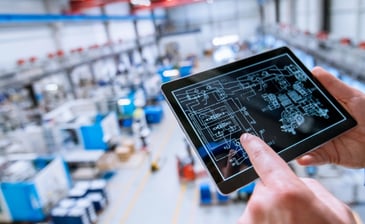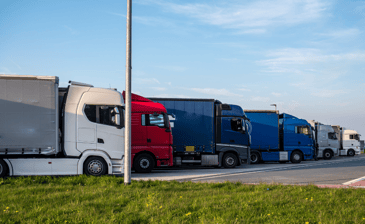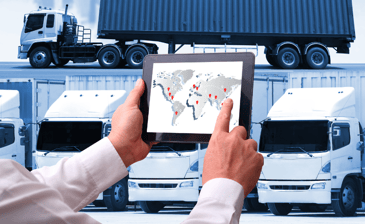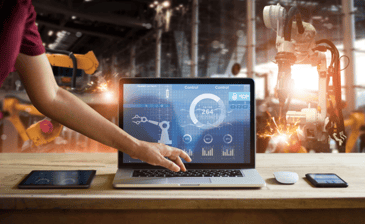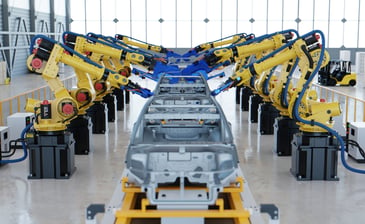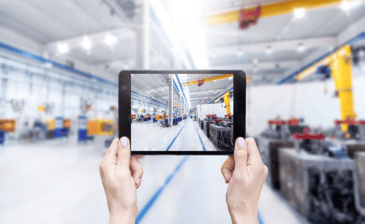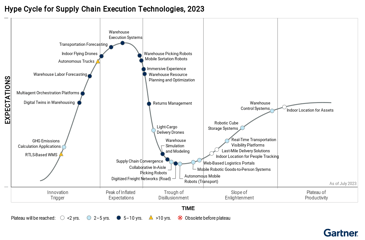- All
- APS - Advanced Planning and Scheduling
- APS - Detailed Scheduling
- APS - Order Sequencing
- APS - Order Slotting
- Automotive
- Cloud Technology
- Digitization
- Gartner
- Industry 4.0
- Logistics
- Manufacturing
- Multimodal Transportation
- S&OE - Sales & Operations Execution
- S&OP - Demand Capacity Planning
- S&OP - Sales & Operations Planning
- SCM - Multi Dimension Monitoring
- SCM - Network Planning
- SCM - Supply Chain Management
- SCM - Transportation Planning & Scheduling
- SCM - Vehicle Routing & Scheduling
- Success Stories
- Supply Chain Planning
- Supply Chain Trends
- Sustainability

